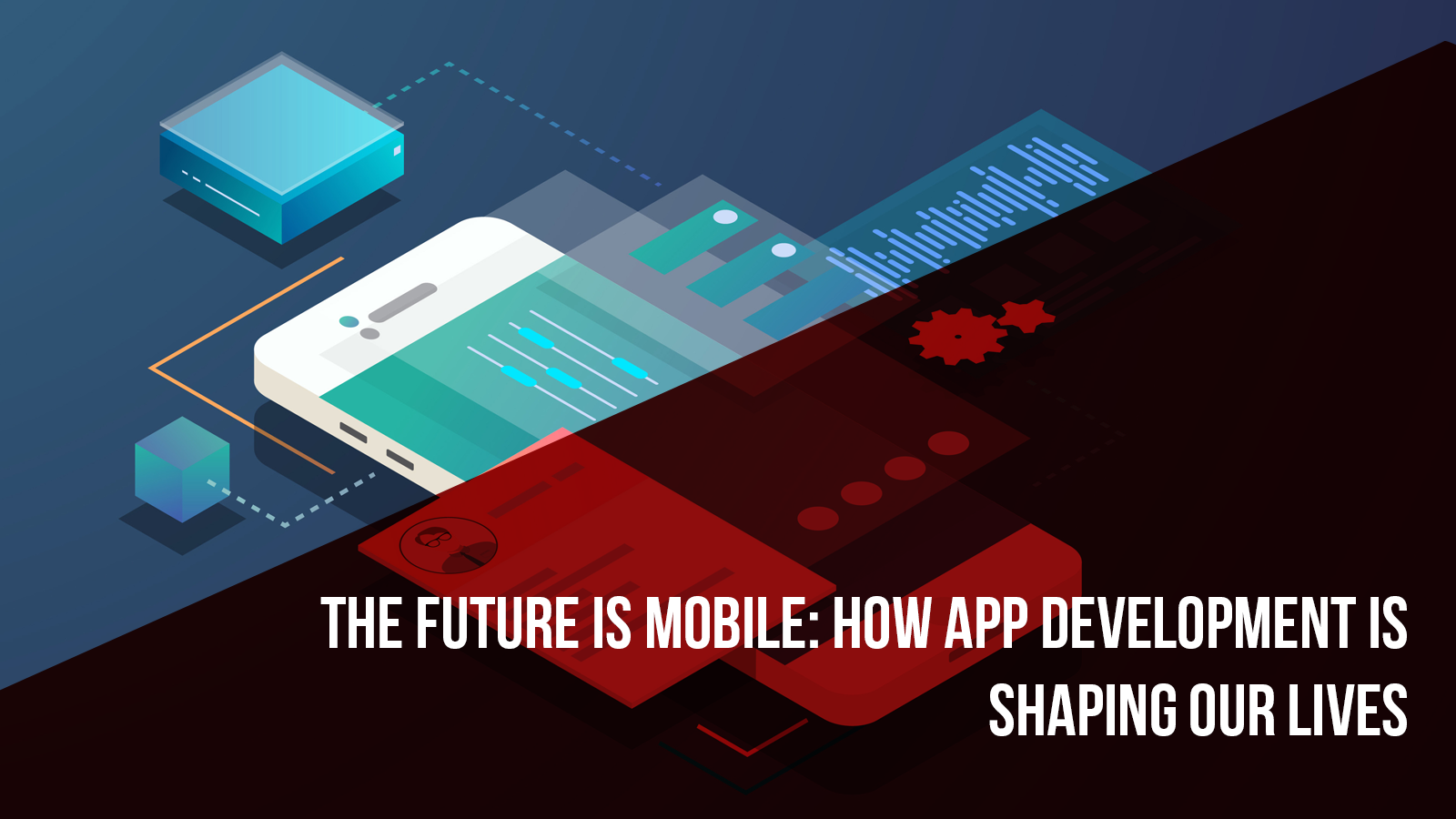How Mobile Apps Are Shaping Lives
Technology is constantly changing. However, one tool that has proved to stand the test of time is mobile phones. They have become indispensable in our daily lives, from education to entertainment.
In this blog post, we dive into the world of mobile app development, exploring the statistics and trends that underscore its growing impact on our lives.
The Mobile App Extravaganza
Mobile apps have seen a wonderful surge in popularity. They have transformed the way we communicate, work, and interact with the world. Recent statistics reveal a staggering truth: the Google Play Store boasts over 3.48 million apps, while the Apple App Store offers approximately 2.22 million. These statistics highlight diversity, with mobile applications catering to a wide range of interests and needs.
Revolutionizing Communication in Style
One of the major changes brought about by mobile phones is in the realm of communication. Social media giants like Facebook, Instagram, and Twitter (now X) have become the primary platforms for staying connected while messaging apps like WhatsApp and Telegram redefine instant communication across distances.
The incorporation of video calling has bridged the gap between physical and digital interactions. As of 2022, a whopping 2.9 billion people globally choose messaging apps as their preferred mode of communication, a testament to the universal embrace of these digital conversation companions.
Empowering Flexible Work Environments
Mobile apps have drastically transformed traditional workplaces, giving rise to remote and flexible work environments. Productivity apps such as Slack, Trello, and Microsoft Teams have taken center stage, seamlessly fostering collaboration and enabling teams to work together irrespective of physical locations. The ability to access work-related tools from anywhere has not only boosted efficiency but has also contributed to a more balanced work-life equation for many.
Entertainment Revolutionized
Entertainment has undergone a fundamental transformation with the surge of mobile apps. Streaming services like Netflix, Spotify, and YouTube redefine how we consume content, offering on-demand access to a wide variety of content.
In the gaming industry, mobile gaming apps have attracted a massive audience, with global revenue reaching an astounding $93 billion in 2021, surpassing other gaming platforms. This shows the growing preference for gaming on mobile devices, creating a profitable market for developers and businesses alike.
Health and Well-Being: Apps on the Wellness Stage
As health consciousness sweeps through society, the spotlight turns to health and fitness apps.
These applications cater to diverse needs, from tracking physical activity to monitoring sleep patterns. The integration of health-related features in smartphones, such as step counters and heart rate monitors, has fueled the demand for health and well-being apps.
According to a report by Sensor Tower, health and fitness app downloads reached 593 million in 2021, showcasing a significant increase from previous years. The emphasis on personal well-being and the convenience of monitoring one’s health through a mobile device accentuate the positive impact of app development on individual lifestyles.
The Influential Role of Artificial Intelligence
Artificial Intelligence (AI) stands as a pivotal force shaping the future of mobile apps. From personalized recommendations on streaming platforms to the dulcet tones of voice-activated virtual assistants, AI transforms apps into intuitive companions. The integration of AI algorithms in mobile apps is poised to become even more prevalent, promising users tailored and responsive interactions.
A Glimpse into the Evolving Future
Everything points to a future where applications will continue to evolve, offering increasingly sophisticated features and capabilities. Augmented Reality (AR) and Virtual Reality (VR) are set to make substantial changes, transforming how we perceive and interact with digital content.
The potential applications of these technologies go from immersive gaming experiences to practical uses in education, healthcare, and real estate.
Conclusion
In conclusion, the undeniable reality is that the future is mobile, and at the forefront of this technological revolution stands mobile app development. As we navigate this ever-changing world, one certainty stands tall: the transformative power of mobile app development will continue to shape our future, pushing the boundaries of our imagination.
Frequently Asked Questions (FAQs)
What is the significance of mobile app development in shaping our future?
Mobile app development plays a pivotal role in shaping our future by revolutionizing the way we communicate, work, and access information. The widespread presence of smartphones combined with innovative app development has transformed various aspects of our lives, from healthcare to entertainment.
How has mobile app development evolved over the years?
Mobile app development has undergone a remarkable evolution. From the early days of simple utility apps to today’s sophisticated applications leveraging technologies like AI and AR, the landscape has expanded dramatically. The focus has shifted from mere functionality to enhancing user experience and addressing complex societal challenges.
What impact does mobile app development have on businesses and industries?
Mobile app development has become a cornerstone for businesses across industries. It fosters direct engagement with customers, streamlines operations, and opens new revenue streams. Statistics reveal that businesses with mobile apps witness higher customer retention and increased revenue, showcasing the transformative impact on the corporate landscape.
What challenges does the future of mobile app development face?
Despite the positive impact, challenges persist in the mobile app development landscape. Issues such as cybersecurity, privacy concerns, and the need for constant innovation pose hurdles. Navigating these challenges is crucial to ensuring that mobile apps continue to be a force for positive change.
How is artificial intelligence (AI) influencing the future of mobile app development?
AI is a game-changer in the realm of mobile app development, enhancing user experiences through personalization, predictive analytics, and natural language processing. Integrating AI into mobile apps not only improves efficiency but also opens up new possibilities, making apps more intuitive and user-friendly.
AI in the mobile app market is expected to grow at a CAGR of 28.1% from 2022 to 2027, indicating the increasing adoption of AI technologies in app development.
What role do user experience (UX) and user interface (UI) design play in the success of mobile apps?
UX and UI design are critical components of mobile app development, influencing user satisfaction and app success. Intuitive design, seamless navigation, and visually appealing interfaces contribute to positive user experiences, ensuring that users not only download but also regularly engage with the app.








